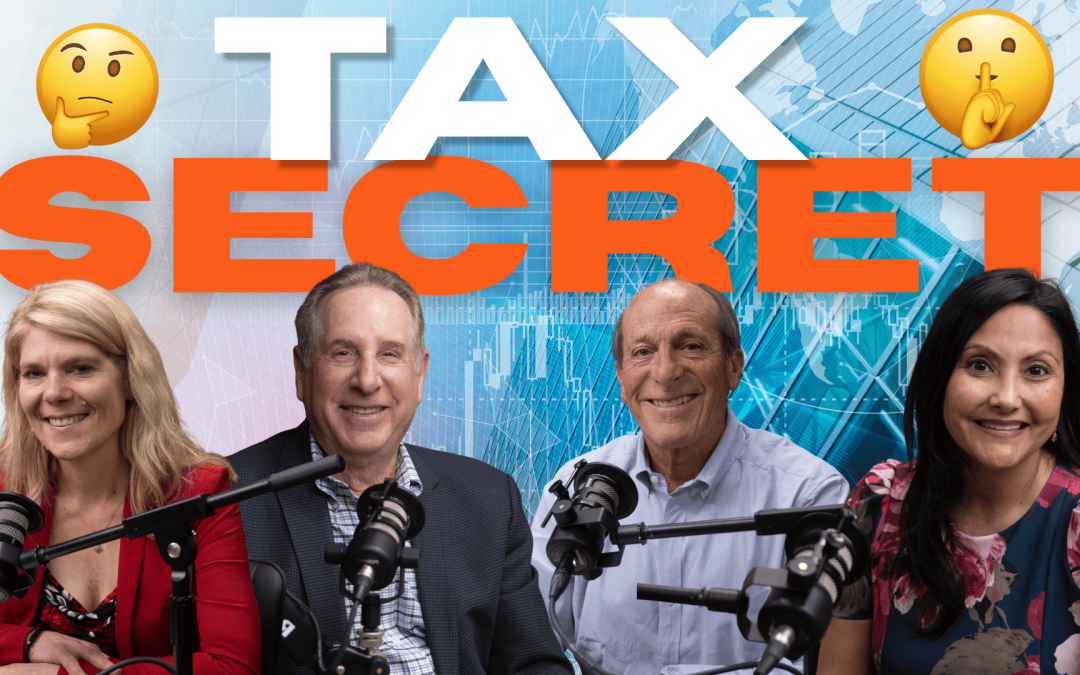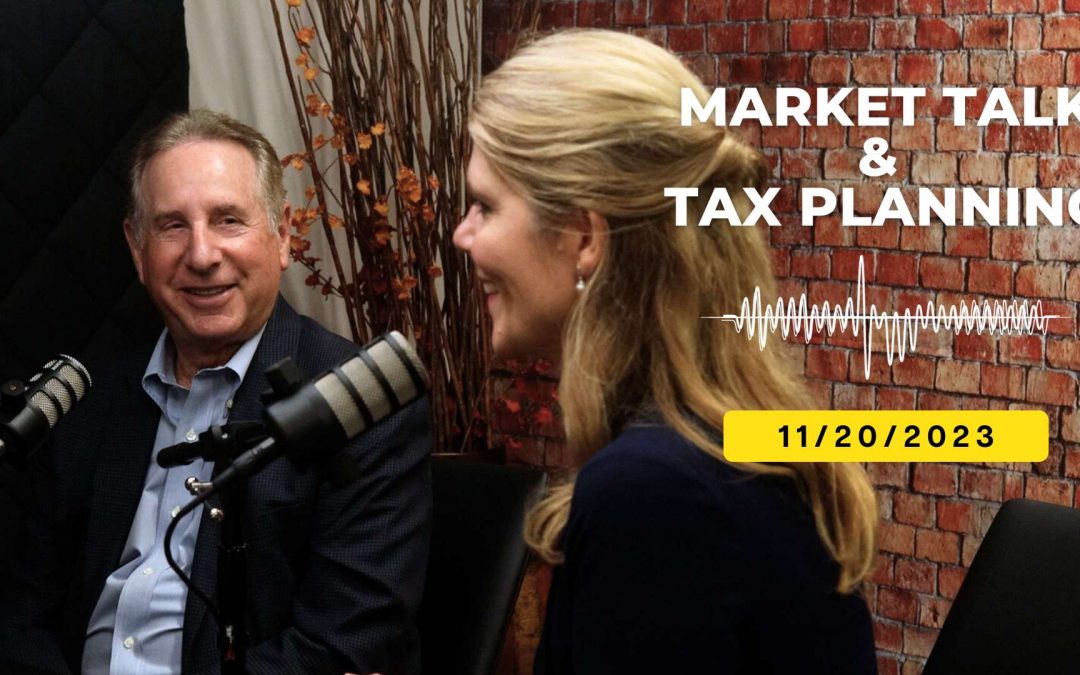
How This Little Known Tax Secret Can Save You Thousands
In this episode of The WWM Financial Podcast, we reveal a little-known tax secret that could save high-income investors thousands of dollars—yet it’s often missed, even by experienced professionals. We break down how it works, who qualifies, and why now is the perfect time to take advantage of it. We also explore how the rise of artificial intelligence (AI) is creating powerful investment opportunities. From automation to machine learning and real-world applications across industries, AI is reshaping the future—and savvy investors are taking notice. We discuss where the smartest money is going, which sectors stand to benefit most, and how to position your portfolio to capitalize on this innovation.
Watch the video above or click the link here to listen: https://wwmfinancial.com/podcast/
If you want to understand what’s going on in the economy, get better insight into the financial markets, and separate the sound from the noise so you can make good financial decisions, tune in now!
Date Recorded: 6/26/2025
Disclosure:
WWM Financial is an SEC Registered Investment Advisor
The opinions expressed in this program are for general informational purposes only and are not intended to provide specific advice or recommendations for any individual or on any specific security. It is only intended to provide education about the financial industry and how we may be able to assist. To determine which investments may be appropriate for you, consult your financial advisor prior to investing. Any past performance discussed during this program is no guarantee of future results. As always please remember investing involves risk and possible loss of principal capital. Tax considerations presented may not be appropriate every individual circumstance. A tax professional should be consulted before making any decisions about your tax liability. wwmfinancial.com | 760.692.5190









